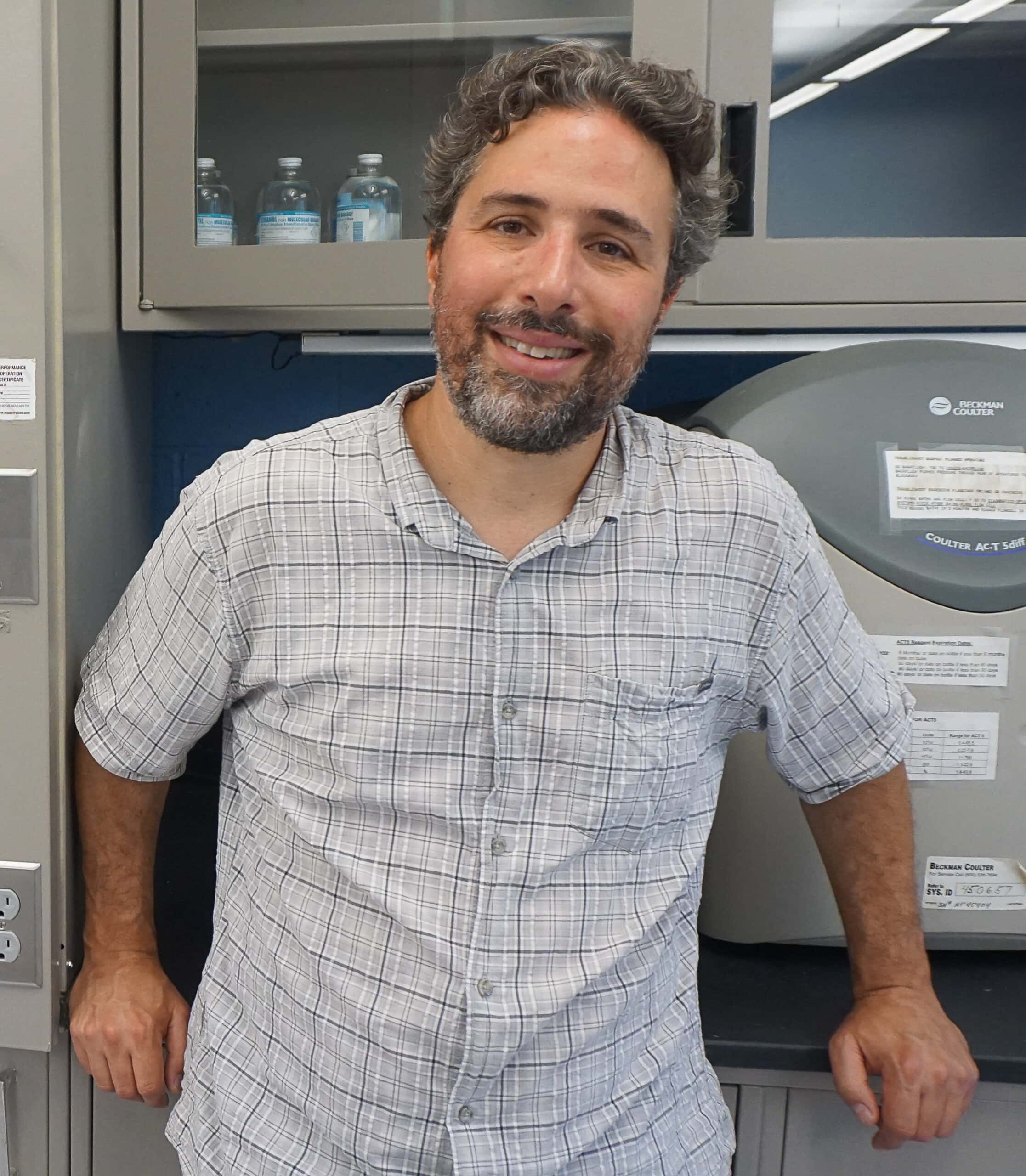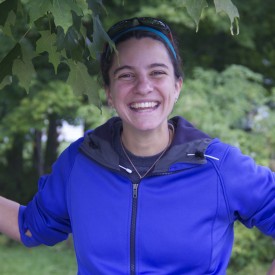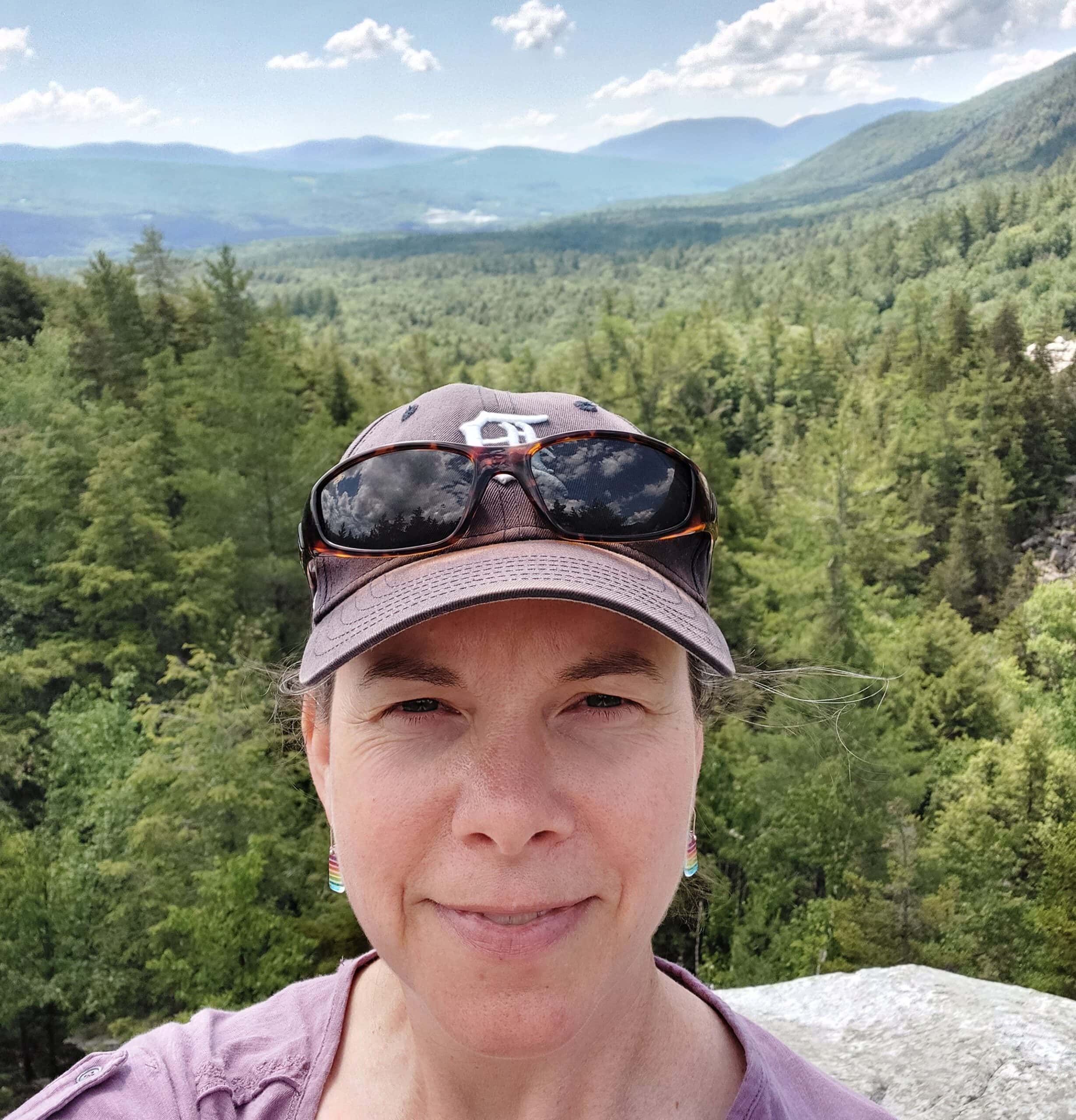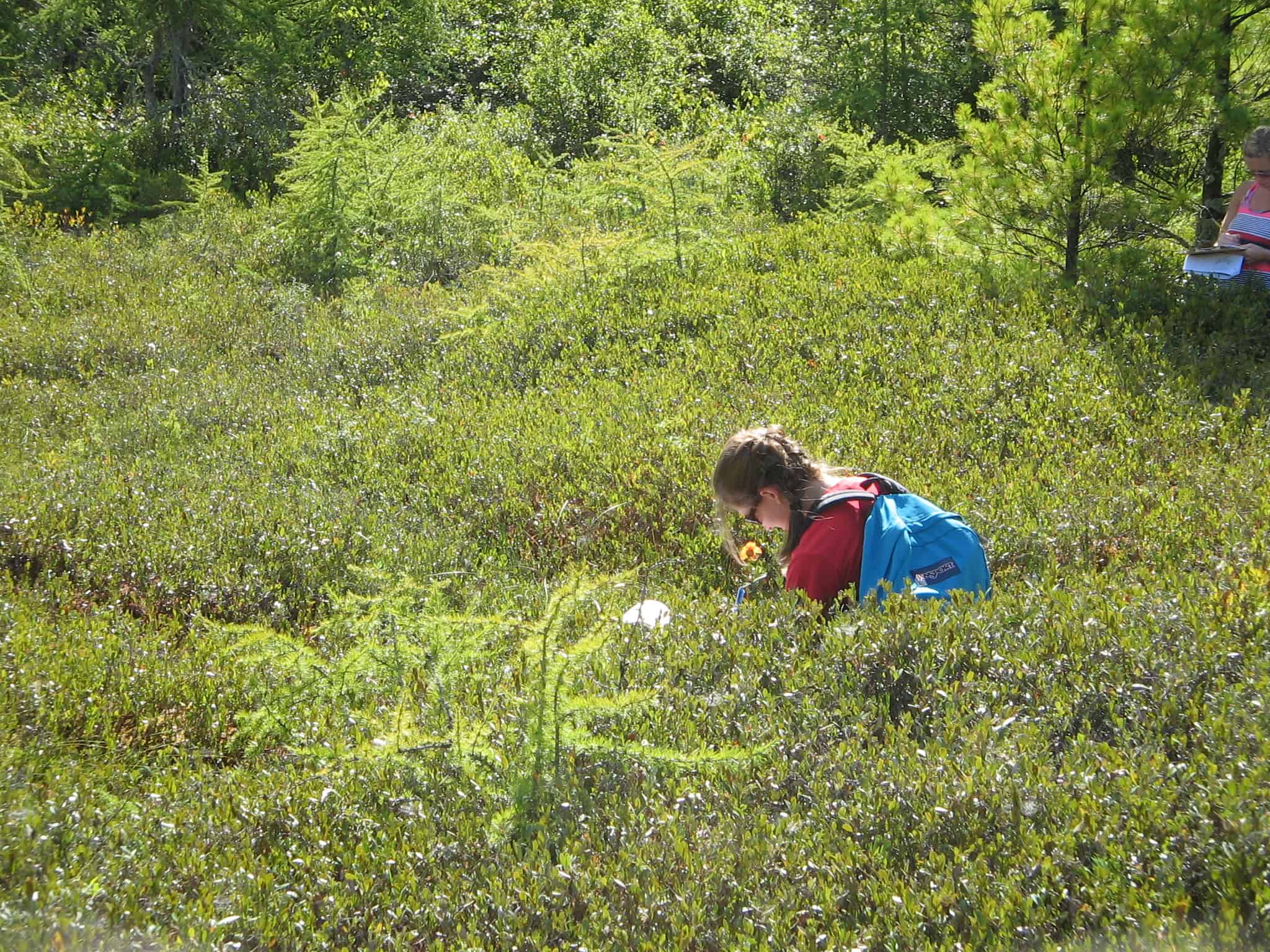Why Study Wildlife & Forest Conservation at Vermont State?
- Financial Stability: Do what you love to do and earn a decent living with a degree in Wildlife & Forest Conservation that prepares you for a wide range of positions in government, industry, and the nonprofit sector. The average salary for conservation scientists is $63,750, according to the U.S. Bureau of Labor Statistics.
- Small Class Sizes: With our intimate classes taught by expert faculty, you’ll have the opportunity to be a leader in the classroom, get to know your peers, and benefit from personalized attention from your professors.
What You’ll Learn
Vermont State’s program will prepare you for a diversity of environmental conservation jobs and give you a solutions-focused mindset to make an impact in your field after you graduate.
- Hands-on field and quantitative skills: You will identify important forest species, learn the value of reading a landscape and how to map it, and collect and analyze data in ongoing research projects.
- Broad knowledge through interdisciplinary courses: Your classes will strengthen your critical-thinking and writing skills and provide a well-rounded perspective on conservation and related environmental issues.
- Problem-solving at the human-nature interface: We’ll challenge you to find outside-the-box solutions to today’s — and tomorrow’s — conservation challenges.
Outside the Classroom, in the Community
You will make connections through a diverse network of local organizations dedicated to land stewardship and conservation. And with our travel courses, you can broaden your experiences and skills outside of Vermont and the U.S.
Through internships, career coaching, independent research projects with faculty, and invited guest speakers, you’ll grow your network of professional contacts to start your career.
The Perfect Landscape
Vermont’s diverse natural landscapes provide great access to a variety of ecosystems. Students have taken advantage of many in-the-field learning opportunities, including tree-planting and invasive species removal restoration projects with watershed and land trust organizations, field trips led by experts from the State of Vermont, and land management partnerships with private landowners.






Request Information
Sample Courses
- Introduction to Field Conservation
- Conservation Biology & Biogeography
- Natural History & Identification of Woody Plants
- Introduction to Geographic Information Systems
- Forest Ecology
- Wildlife Ecology & Management
- Conservation Internship
Related Programs
Meet Our Faculty



Assistant Professor, Program Coordinator of Wildlife and Forest Conservation Program
Castleton Campus






